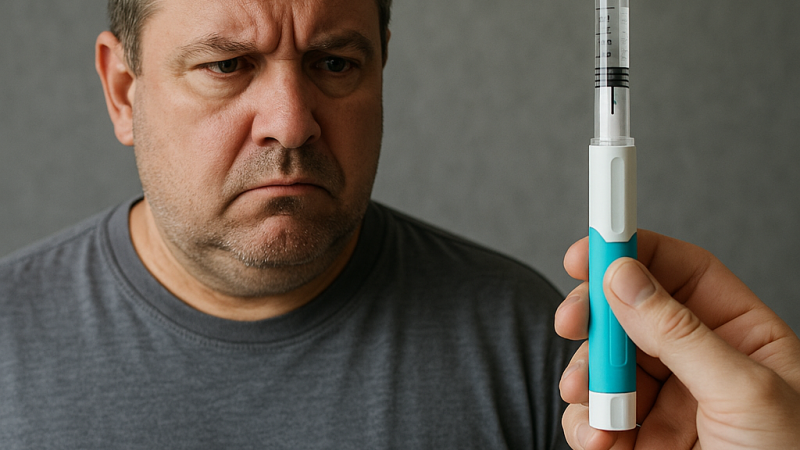Exploring the Benefits of Sauna Use: Insights from Dr. Rhonda Patrick

Saunas have been used for centuries, especially in cultures like Finland, for their numerous health benefits. Dr. Rhonda Patrick, a leading expert in the field, has extensively studied the physiological and mental health benefits of sauna use. Her research highlights how regular sauna sessions can significantly improve cardiovascular health, reduce the risk of dementia, enhance mood, and even mimic some benefits of moderate aerobic exercise.
Cardiovascular Benefits
Dr. Patrick cites extensive research from Finland, which shows that regular sauna use is associated with a substantial decrease in the risk of cardiovascular diseases. The frequency of sauna use is crucial; individuals who use the sauna four to seven times a week have a 63% lower risk of sudden cardiac death compared to those who use it once a week. This dose-dependent relationship indicates that more frequent use leads to more significant health benefits. Saunas elevate the heart rate and induce sweating, mimicking the effects of moderate-intensity exercise. This leads to improved blood pressure, enhanced blood flow, and overall cardiovascular health improvements.
Mental Health and Neurodegenerative Diseases
One of the most compelling aspects of Dr. Patrick’s research is the impact of saunas on mental health and neurodegenerative diseases. Regular sauna use has been linked to a 60-66% reduction in the risk of Alzheimer’s and dementia. This is believed to be due to improved cardiovascular health and the activation of heat shock proteins (HSPs). HSPs play a crucial role in protecting brain cells from stress and preventing the aggregation of proteins that can lead to neurodegenerative diseases. Additionally, sauna use increases the production of brain-derived neurotrophic factor (BDNF), which supports neuron survival and growth, further protecting against brain aging.
Mimicking Exercise
Saunas can mimic some of the benefits of moderate-intensity exercise, making them particularly beneficial for those unable to engage in physical activity due to disability or other limitations. The increase in heart rate and sweating during a sauna session provides a cardiovascular workout similar to exercise. Dr. Patrick notes that combining sauna use with exercise can enhance cardiorespiratory fitness more than either practice alone. This synergy can lead to better overall health outcomes, including improved endurance and reduced risk of metabolic diseases.
Depression and Mood Improvement
Dr. Patrick highlights fascinating research on the effects of sauna use on depression. A study led by Dr. Charles Raison found that elevating core body temperature can have an antidepressant effect lasting up to six weeks. This finding is supported by Dr. Patrick’s personal experience and observations, where she noticed significant reductions in anxiety and stress after using the sauna. The increase in endorphins and the improved sensitivity of opioid receptors in the brain contribute to these mood-enhancing effects.
Detoxification and Immune Function
Saunas also play a role in detoxification. Sweating is an effective way to excrete heavy metals and other toxins. Studies have shown that sauna use can significantly increase the excretion of cadmium and aluminum, potentially reducing the body’s toxic load. Moreover, regular sauna use has been associated with lower levels of inflammatory markers and improved immune function, similar to the effects of regular exercise.
Practical Recommendations
Dr. Patrick’s personal sauna routine involves using a traditional Finnish sauna at around 186 degrees Fahrenheit for 20-30 minutes, four to five times a week. She often combines sauna sessions with high-intensity interval training on her Peloton bike to maximize cardiovascular benefits. For those new to sauna use, she recommends starting with shorter sessions and gradually increasing duration as heat tolerance improves. Hydration is crucial, as is replenishing electrolytes lost through sweating.
Contraindications and Cautions
While saunas are generally safe for most people, there are some contraindications. Pregnant women, children, and individuals with certain medical conditions, such as unstable cardiac disease or severe aortic stenosis, should avoid sauna use or consult with their physician before starting. Alcohol consumption before or during sauna use is strongly discouraged due to the increased risk of adverse effects.
Conclusion
The research and insights provided by Dr. Rhonda Patrick underscore the wide-ranging benefits of regular sauna use. From enhancing cardiovascular health and reducing the risk of neurodegenerative diseases to improving mood and detoxification, saunas offer a holistic approach to health and well-being. As more research continues to emerge, the integration of sauna use into daily health routines may become an increasingly popular and accessible practice for enhancing overall quality of life.





